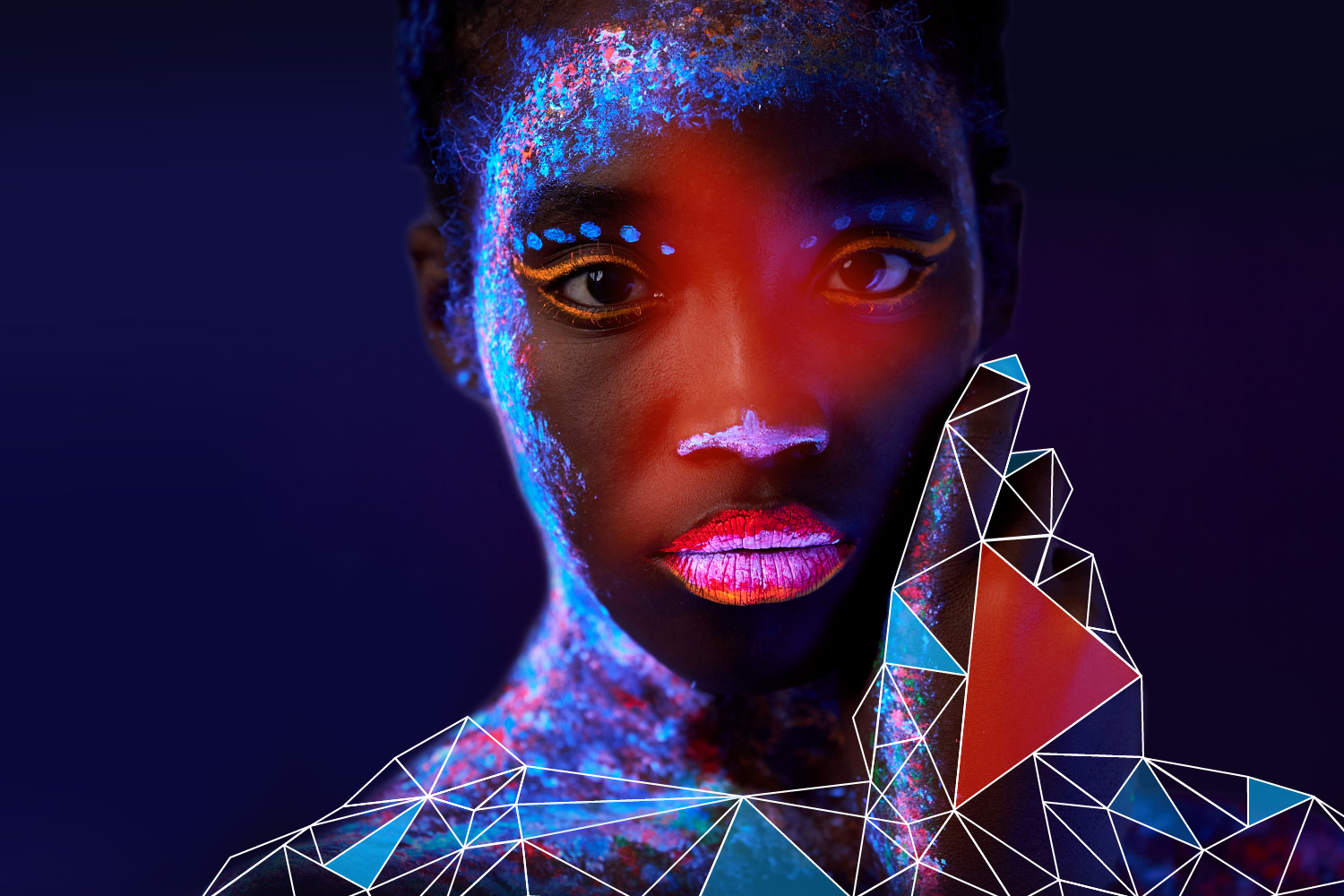Generative Artificial Intelligence (AI) stands out as a groundbreaking innovation in our era, offering a significant leap in our capabilities as humans. A recent Kantar study underlines that even though approximately half of consumers view generative AI positively, a considerable portion remains indifferent or uninformed about it. Nonetheless, many individuals have likely already reaped the benefits, whether through tasks like plant identification, recipe creation, or fitness tracking.
The consumer sentiment towards generative AI appears poised for transformation, with marketers increasingly embracing AI with optimism to enhance and personalize their products and services.
The advantages of GenAI present new avenues for innovators. As highlighted by Harvard Business Review, the true potential of generative AI lies not in replacing humans but in aiding them to conceive unprecedented solutions.
Discussing the integration of Generative AI in the innovation realm, Shafik Saba, the Global Lead of Front-End Innovation at Haleon, recognizes AI’s capacity to process vast data sets efficiently. He emphasizes that AI’s ability to draw connections unbiased by human preconceptions can lead to novel insights, thereby offering innovators a valuable resource for identifying opportunities, fostering idea generation, and expediting workflows.
While acknowledging the positive impact of AI on businesses, Saba likens learning to leverage AI to acquiring a new language—a challenging yet rewarding endeavor. He encourages embracing AI tools like ChatGPT, Firefly, or Midjourney across various mediums to explore their efficacy and build proficiency within teams.
Exercising Caution Amid Enthusiasm
Despite the widespread adoption of AI to fuel innovation, only a minority of companies report tangible benefits from its implementation. For example, a mere 13% of respondents in a BCG survey claimed to have realized impact from using AI to pinpoint innovation themes and technologies.
AI can undoubtedly stimulate imagination, streamline processes, and enhance creativity. However, innovators must remain responsible for the intricate decision-making process involved in aligning opportunities with client preferences and brand ethos.
Steering Clear of the Substitution Paradigm
The introduction of a new technology often prompts organizations to enhance existing practices through technological advancements, a phenomenon known as the substitution effect. However, the true value of technology emerges when it enables novel experiences, rather than merely refining existing processes.
Roberto Verganti, a Professor of Leadership and Innovation, emphasizes the need to reinvent innovation processes through generative AI, fostering creativity, and aligning innovation closely with consumer insights.
Prioritizing Human-Centric Innovation
A comparative study between a human-generated concept and one produced by ChatGPT revealed that human-created concepts tend to resonate better with consumers due to their nuanced understanding and concise communication of benefits. While AI tools are vital for innovators, they cannot entirely replace human insights, particularly in understanding consumer preferences.
Striking a Balance Between Openness and Precision
An essential challenge in leveraging AI lies in maintaining a delicate balance between encouraging innovative exploration and setting boundaries for AI-driven insights. Unsupervised learning can spark ideation, but supervised models are crucial in ensuring alignment with brand guidelines and consumer expectations.
Fostering Meaningful Innovation
The crux of successful innovation lies not in generating numerous ideas but in cultivating the right idea—one that resonates with consumers and offers a distinctive experience. While AI expedites the innovation process, validating concepts for their meaningfulness and uniqueness remains indispensable.
In conclusion, Generative AI represents a potent tool for innovators, capable of unveiling hidden opportunities and fostering novel connections. However, to harness its full potential, it is imperative to navigate the pitfalls and leverage AI judiciously throughout the innovation journey to deliver products and services that truly connect with consumers.
For further insights on leveraging AI capabilities in innovation, reach out to our Innovation experts at Kantar.






